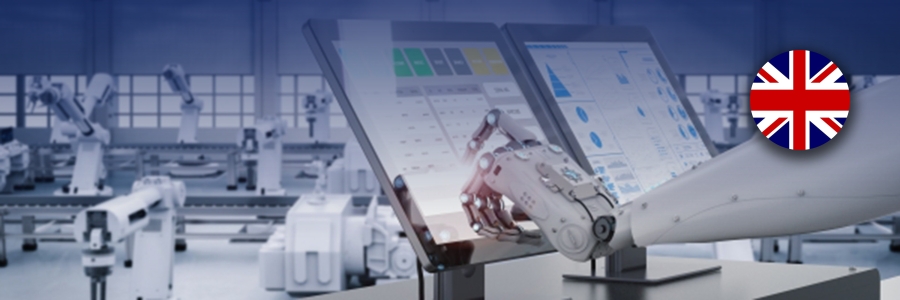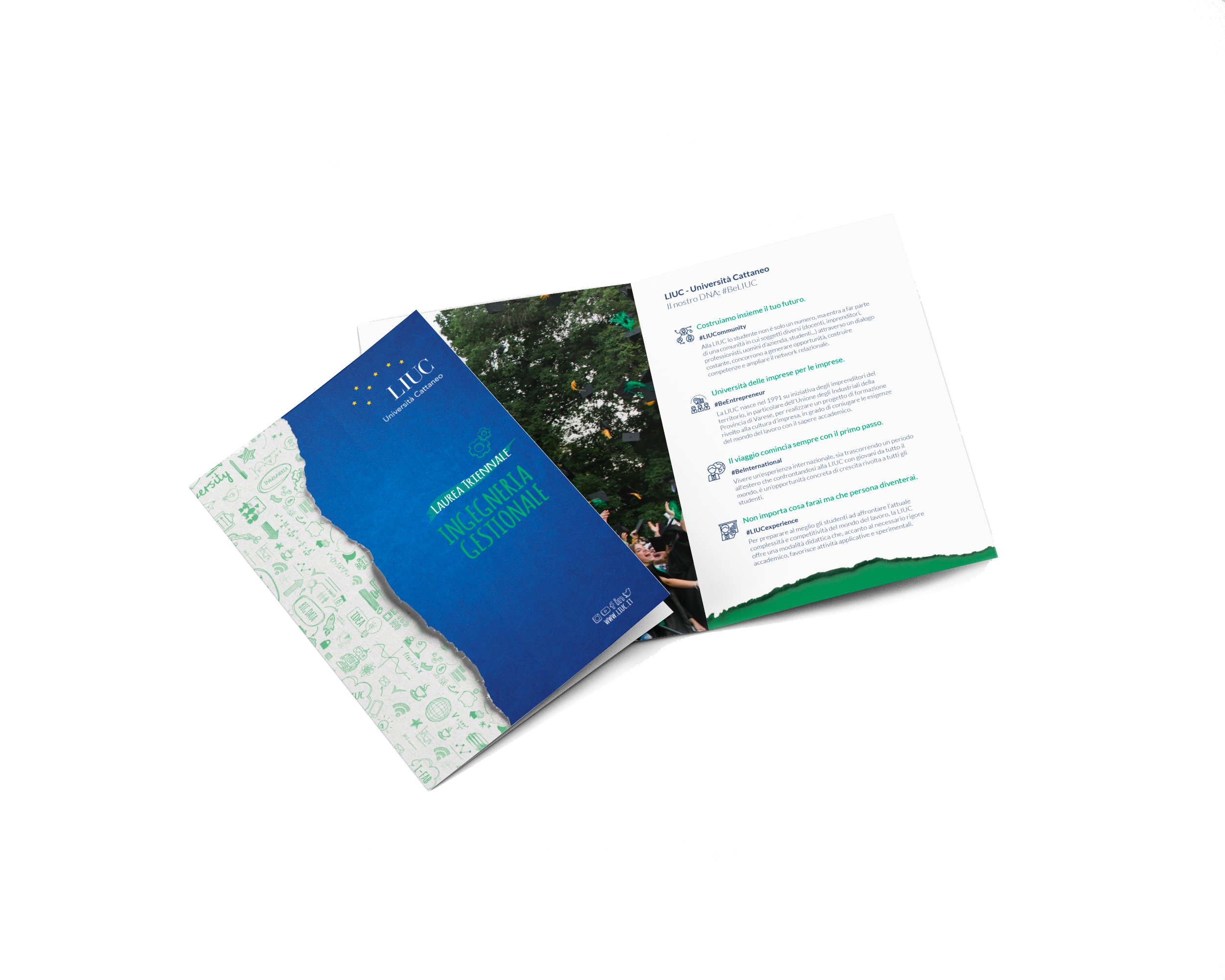The degree course is organised in two tracks: one delivered entirely in Italian, one delivered in English, which can also be attended by foreign students spending a period at LIUC.
The common training pathway for all students in the Italian and English courses, regardless of the major, is composed of the following subject areas, which are weighted differently across the two years:
Courses in the financial-management area, relating to technology and innovation management, industrial design and finance to support innovation.
Courses in the area of industrial plant engineering, relating to project management, supply chain design and management, the use of mathematical methods for industrial applications and sustainability in industrial systems.
Courses in the area of IT management, relating to systems theory and information systems.
Cross-curricular courses, aimed at the development of independent judgement and critical thinking, communication skills and learning skills. These disciplines allow students to customise their pathway in line with their aptitudes and interests and are dedicated to the areas of sustainability, professional and personal skills, humanities and social sciences.
The degree course also offers five different majors, three of which relate to the Italian-language pathway and two to the English-language pathway.
For the Italian-language course:
Data Science for Operational Excellence: operations-oriented major, where the training objective is to specialise in advanced skills such as the application of machine learning, data analytics and simulation to logistics-production systems in order to achieve operational systems excellence;
Management of Digital Transformation: a digital process-oriented major, where the training objective is to specialise in skills in digital transformation project management and the adoption of emerging digital technologies;
Integrated management of companies and services in healthcare: service-oriented major in healthcare, where the training objective is to specialise in skills in the management and evaluation of healthcare processes and the impact assessment of technological and organisational innovations;
For the English-language course:
Manufacturing Strategy: operations-oriented major, where the training objective is to specialise in advanced factory skills, such as the development of tools for the smart factory according to the Industry 4.0 paradigm and management with lean strategies;
Sustainability and circular economy: sustainability and circular economy-oriented major, where the training objective is to specialise in skills in the design and management of environmental sustainability goals (ESG), and of processes and strategies of the management economy.










